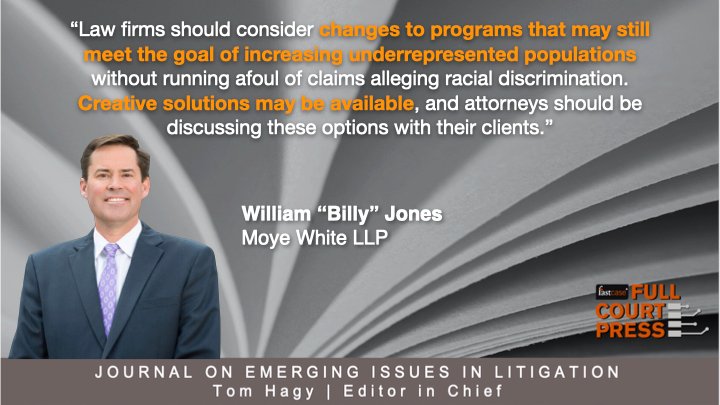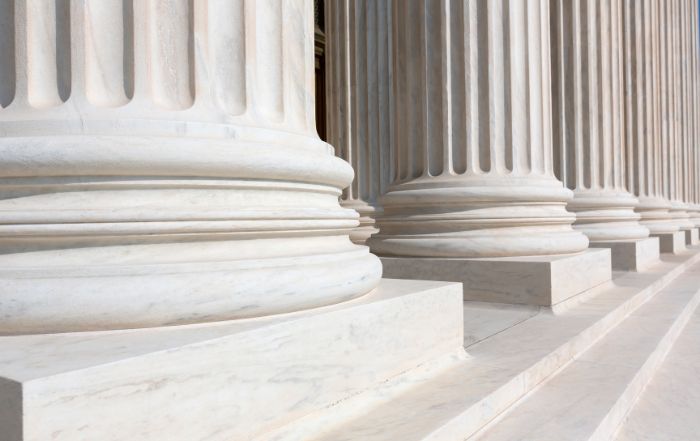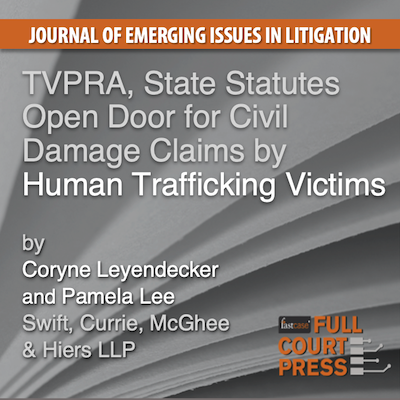Discrimination (race, gender, religion, sexual preference), harassment, wage & hour, non-competes.
Ninth Circuit Rejects Religious Accommodation Claim in COVID Testing Case
The Ninth Circuit has rejected a religious accommodation claim from a healthcare worker who objected to weekly COVID-19 testing, holding that the employee failed to show a bona fide religious conflict and that the employer’s masking-and-testing accommodation was reasonable. The ruling offers valuable guidance for employers navigating post-pandemic accommodation requests. Read the full analysis for key takeaways.














